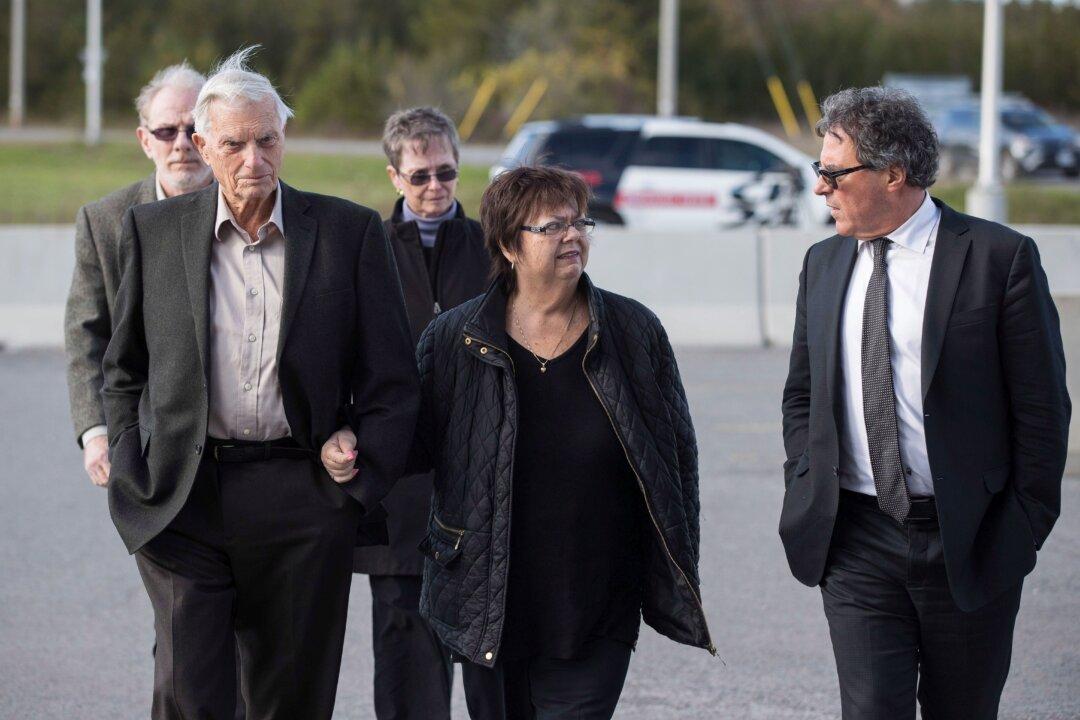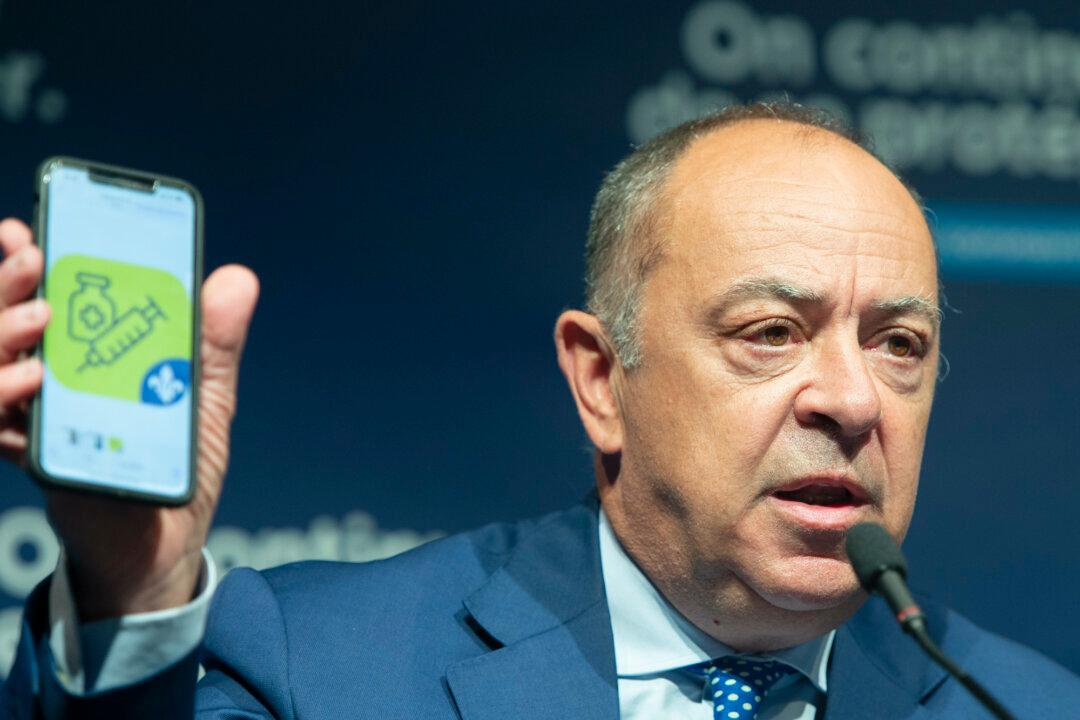Child killer and serial rapist Paul Bernardo was denied parole on June 22, marking the second time since 2018 that the dangerous offender has appealed for his release.
In a related case, the families of Bernardo’s victims, Kristen French and Leslie Mahaffy, are suing the Parole Board of Canada in federal court for the release of evidence or reports pertaining to Bernardo’s possible release that their Access to Information requests failed to produce.





